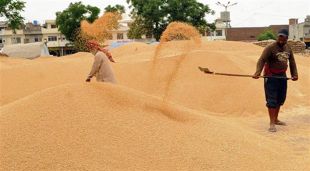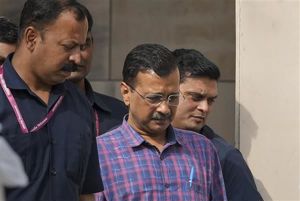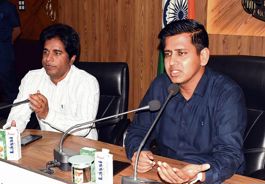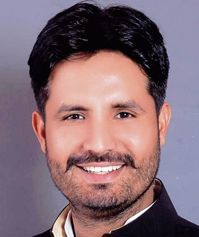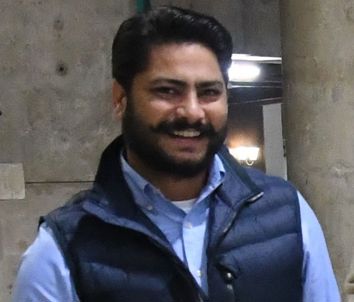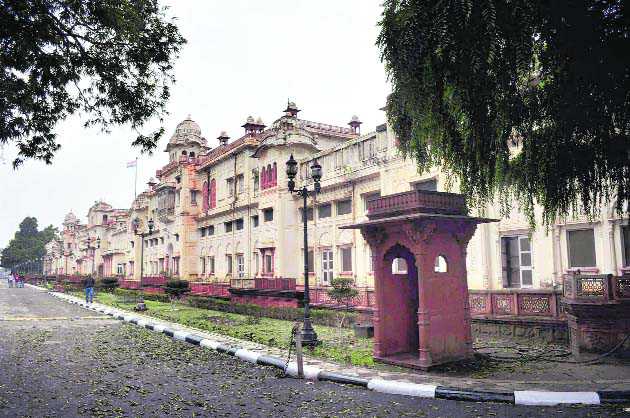
Photo: Rajesh Sachar
Gagan K Teja in Patiala
Sports is science, we know only little about. It’s something that Americans realized more than a century ago. The Germans took another 30 years to accept it.
In India, most research is academic-centric; its benefits don’t reach sportspersons. The Department of Sports Sciences at Netaji Subash National Institute of Sports (NSNIS, Patiala) is over 30 years old, but it is yet to emerge as a faculty that works in tandem with sportspersons. The institute’s work is mostly confined to offering scientific tips, not based on an individual’s experiences. Why? The stock response: shortage of faculty and lack of latest equipment. The department has 20 regular employees and 10 research fellows. Take a look at the 2015 high-brow research titles:
- Comparative performances of Indian Table Tennis players in National Games 2015 and Olympic Games 2012: Trajectory of Performance in Rio 2016 Olympics.
- Physique and body proportions of female elite football players.
- Gender differences in psychological attributes and their relationship with hockey performance as perceived by coaches.
Indian table tennis squad chief coach Bhawani Mukherjee says the country has a long way to go in sports sciences. He says such a support plays a very important role in the initial stages because that is where talent identification takes place based on various physical and psychological components. “Why give scientific assistance to national-level players? They are professionals and their bodies have already been developed. The primary need to target the grassroots level players,” he said. Mukherjee, a Dronacharya award recipient, says Patiala’s Department of Sports Sciences is basically confined to teaching. “The scientific officers are stuck with teaching classes.
Another Dronacharya recipient, Virender Poonia says though the Sports Authority of India had started the process of talent identification across the country in 1985, it could not sustain as a result of which a major part of India’s sporting talent takes up sports based on popularity, rather than what suits one’s body-type.





















